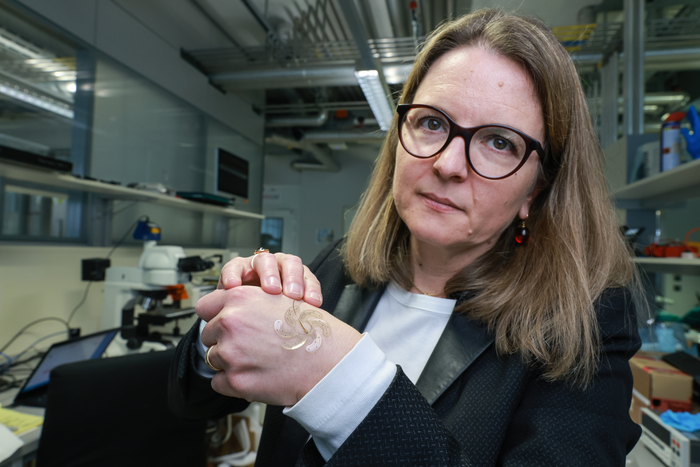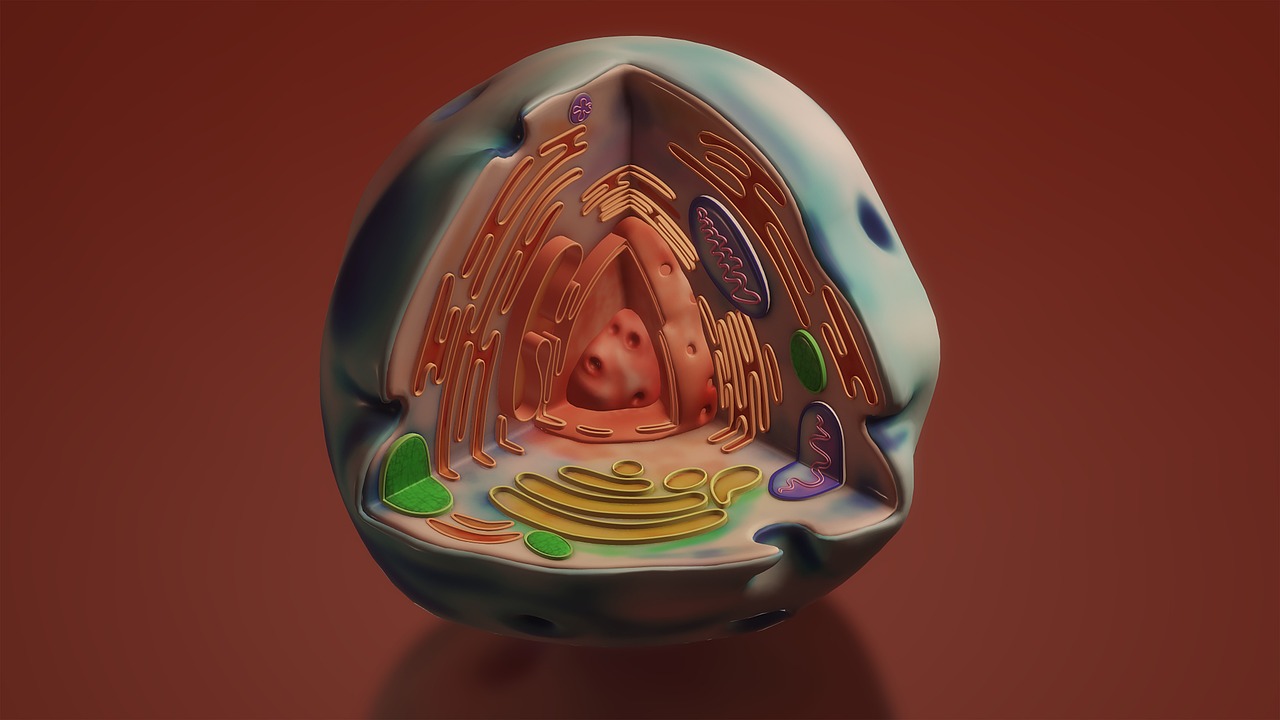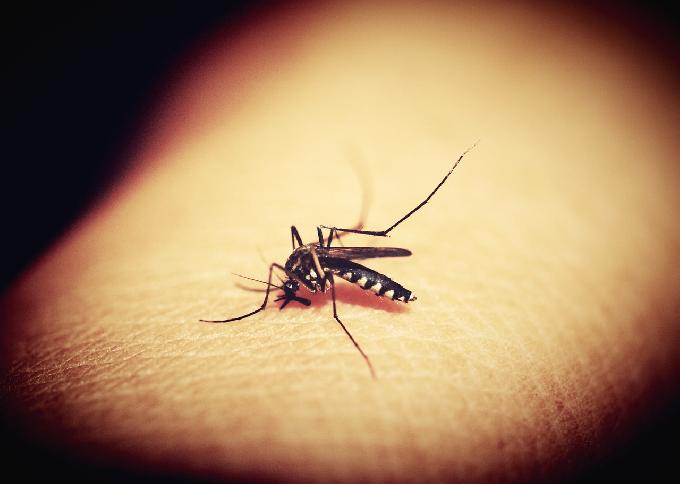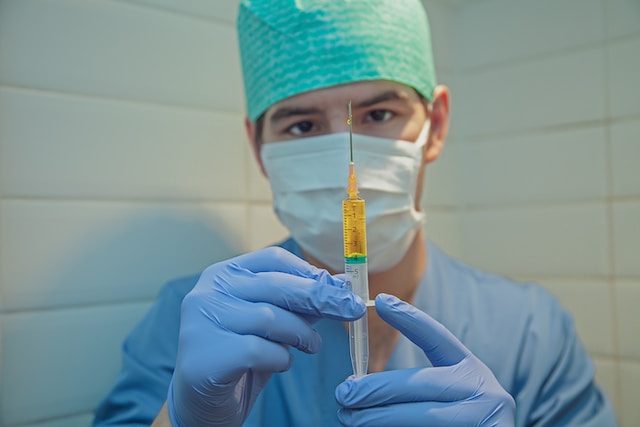Plastic is one of those materials we love to hate. Its properties solve so many problems yet create so many others. A Mexican company, Ak Inovex, thinks their innovative recycling process can make a difference.
Plastics have become integral in our everyday lives. They’re lightweight, waterproof, and relatively cheap to manufacture since most plastics are made from fossil fuels. In recent times, they have replaced glass containers for food and even metal in car parts. But, though plastics are susceptible to degradation from temperature and UV light, they just become smaller and smaller bits in the environment or release toxic dioxins when burned.
Some communities have managed to reduce consumption of plastics by charging for plastic grocery bags or enacting deposit laws on beverage containers. Others make attempts to recycle plastics through municipal solid waste (MSW) facilities by sorting the various types and then selling the material to be re-fashioned, according to the type of resin content (denoted as PET, HDPE, LDPE, etc), into things like deck boards and park benches. But this process is usually costly and not without environmental consequence. And, contrary to popular belief, plastics degrade each time they are heated for recycling, so it all ends up as environmental waste eventually.
According to the Environmental Protection Agency (EPA), in 2012 only about nine percent of the total 32 million tons of plastic waste generated was actually recovered. In fact, plastics accounted for nearly 13% of MSW overall.
The typical process is to collect and sort the plastic by type; it is bundled and sold to reclaimers, who wash it and grind it into flakes, which are then put through an intensive process of dehydrating, melting and forming into pellets for purposes of manufacturing, and cooled using water.
According to developer and founder Marco Adame, the new process devised by Ak Inovex skips the water processes altogether, moving directly into the bead production. This cuts the energy use by half, as well as conserving water. But, the best factor of all may be that this process can recycle even the least desirable types of plastics, such as styrofoam, polystyrene, and mixed plastics.
Certain that they can do even better, the company is altering its business plan to include an “eco-washing” process with a “special biodetergent” that they claim will further reduce operating costs. Reducing the cost of processing is a critical need for making recycled plastics reasonably priced so as to promote more refashioning of it into new useful products.
This future plan for eco-washing is a collaboration with ALINSA group, manufacturers of biodegradable cleaning products. The two met while contestants in the Cleantech Challenge Mexico, an event to promote the development of eco-friendly businesses. This alliance would allow for the elimination of using lye in the washing process, and replace it with cleaning materials that would environmentally degrade in less than a month.
It is hard for us in this modern world to realize the toll plastics take on the natural world. The Great Pacific Garbage Patch, an “island” of garbage caught in an ocean gyre, should be an embarrassment to all humanity. Dolphins, whales, and sea turtles wash up wrapped in plastics or with tiny bits in their gut. Even worse than the visible horror are the micro plastics that are too small for the eye to see, but may be having yet untold tragic effects on sea life.
Plastic products are both more valuable and more detrimental than we acknowledge. Plastics aren’t going away from our modern world, but we need to have greater respect for the natural world so as to keep them from taking such a toll on other creatures, and ultimately ourselves.
Kudos to such innovative companies with holistic thinking that considers the “external costs” of their processes as a factor in their manufacturing “bottom line.”







